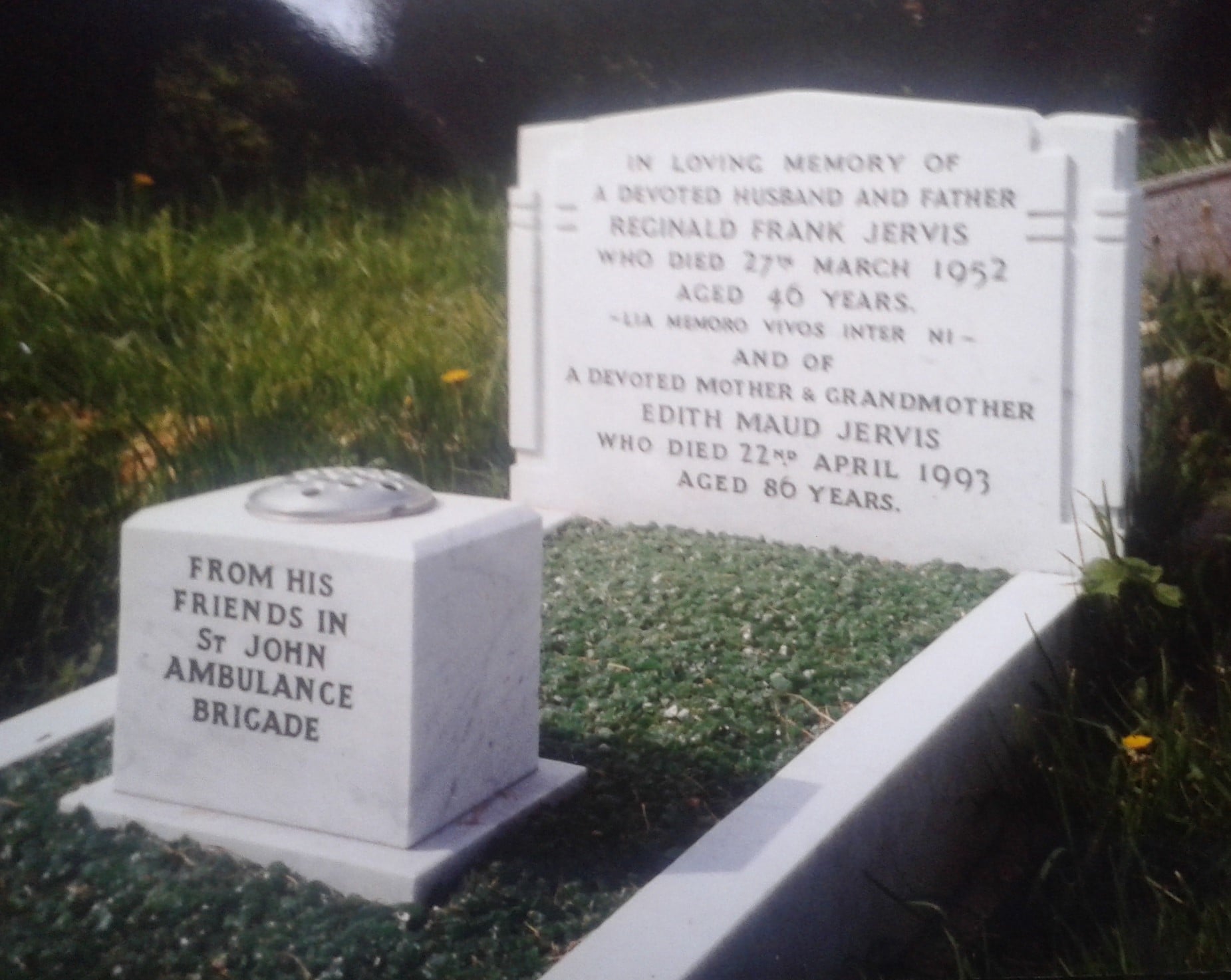Like the family in "The Railway Children", we were a very happy family, but we didn't know how happy we were until everything changed. Thursday, 27th March 1952 had begun like any normal weekday, although I had a minor mishap on the way to school. Whether I had accidentally boarded a 457 bus, instead of a 457A, I am not too sure. Maybe the bus was diverted along the Uxbridge Road, Slough, instead of going along the Wexham Road and joining the Uxbridge Road via Broadmark Road. Possibly the Wexham Road was blocked by an incident, but all it meant was that I had to walk the length of Broadmark Road. I still arrived at school on time.
Some time later, the school secretary came into the classroom and spoke to Miss Lewis, the teacher, who asked me to go with Mrs So-and-so, which I did. As we walked along the corridor she told me that the headmaster, Mr Smith, wanted to talk to me about something. When we reached the headmaster's office, I was ushered in and I saw him sitting at his desk and "Aunty Jean", my godmother, sitting to one side. He invited me to take a seat and he explained that Mrs Hanson had brought him some news. He told me that my father had had an accident on his way to work and he thought I would not see him again. He finished with the words "He was a good man." It has struck me since that it must be very difficult to introduce a child to such news and I feel that he handled the situation very well, gradually building towards a past tense in his final sentence.
Later I learned that my father had ridden his bicycle down the railway bridge in Wexham Road, then as he had been turning into the entrance to the ICI site where he worked, had fallen to the ground. The gateman had seen this and rushed to his aid, but, finding him unresponsive, had called an ambulance. This had arrived quickly, but my father had been pronounced dead on arrival at the hospital. He had had a massive heart attack. I wonder to this day whether my father's accident had caused my bus to be diverted. In the 1990s I heard a news item about an abnormal cluster of deaths from coronary thrombosis of men in their 40s and 50s who in the 1930s had worked with an experimental material at the ICI site at Ardeer in Ayrshire. My father, an analytical chemist, was part of that cluster. He was 46. I was 10 at the time.
I must have been greatly shocked by the news. I called Jean Hanson "sir", but she took no notice. She had a taxi waiting to take me home and, when we arrived, I found my mother being comforted by a group of her friends. Although it was my own home, I felt out of place in these very special circumstances. After a while I went outside and began kicking my ball against the garage door. Years later my mother told me that one of her friends had suggested she go outside to stop me making all that noise, but my mother had told her to let me work it out in my own way. She had realized something I would understand only years later. I was very angry, not with my father for dying, but because he had died.
Thereafter our lives were rather different, but our mother did her best to make everything as smooth as possible for us. Somehow she coped, but my sister and I still don't know how.

The Jervis grave in Langley churchyard
(From print of own photo)